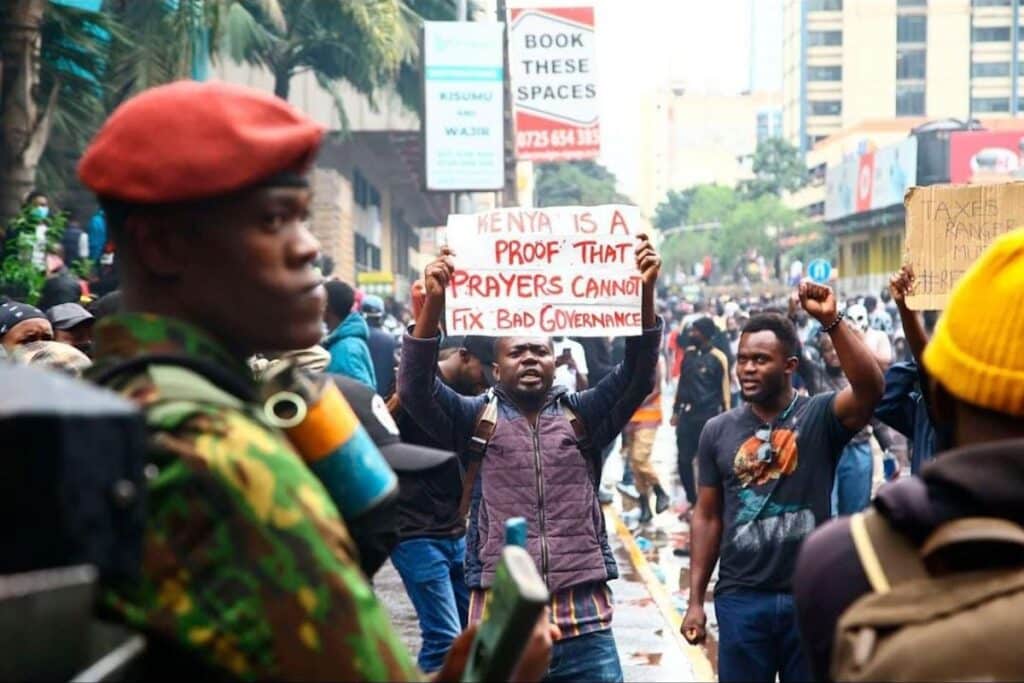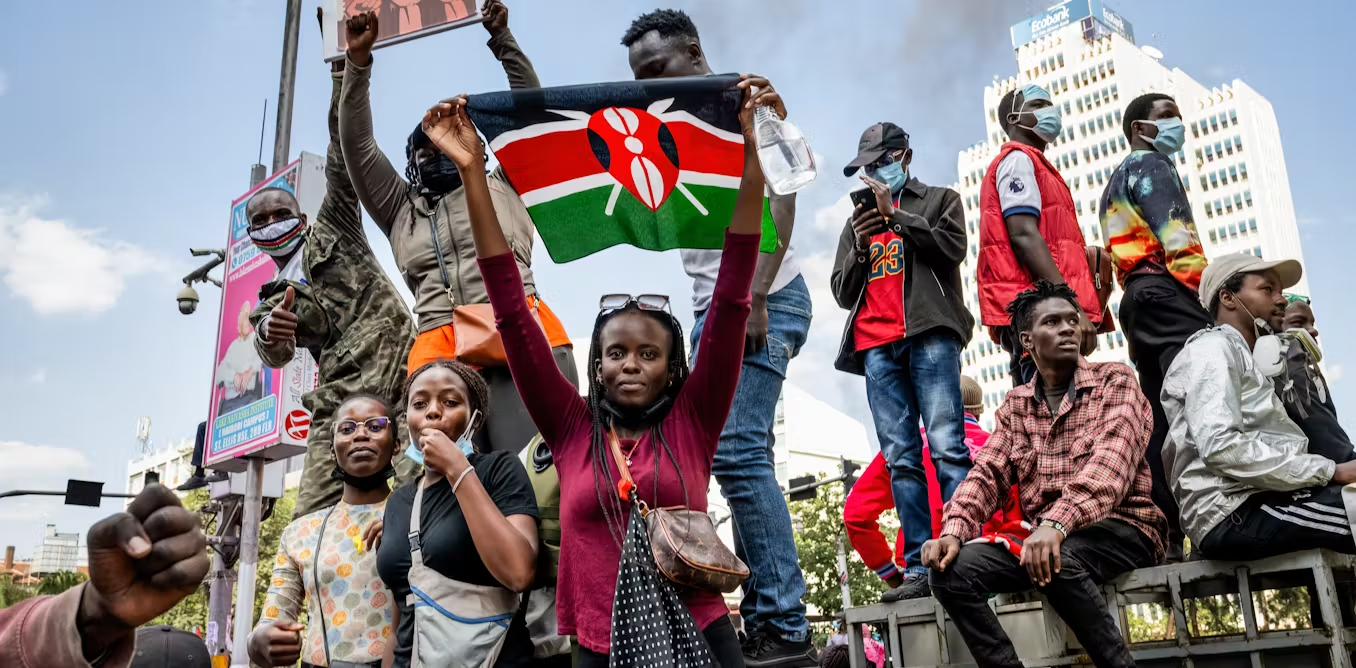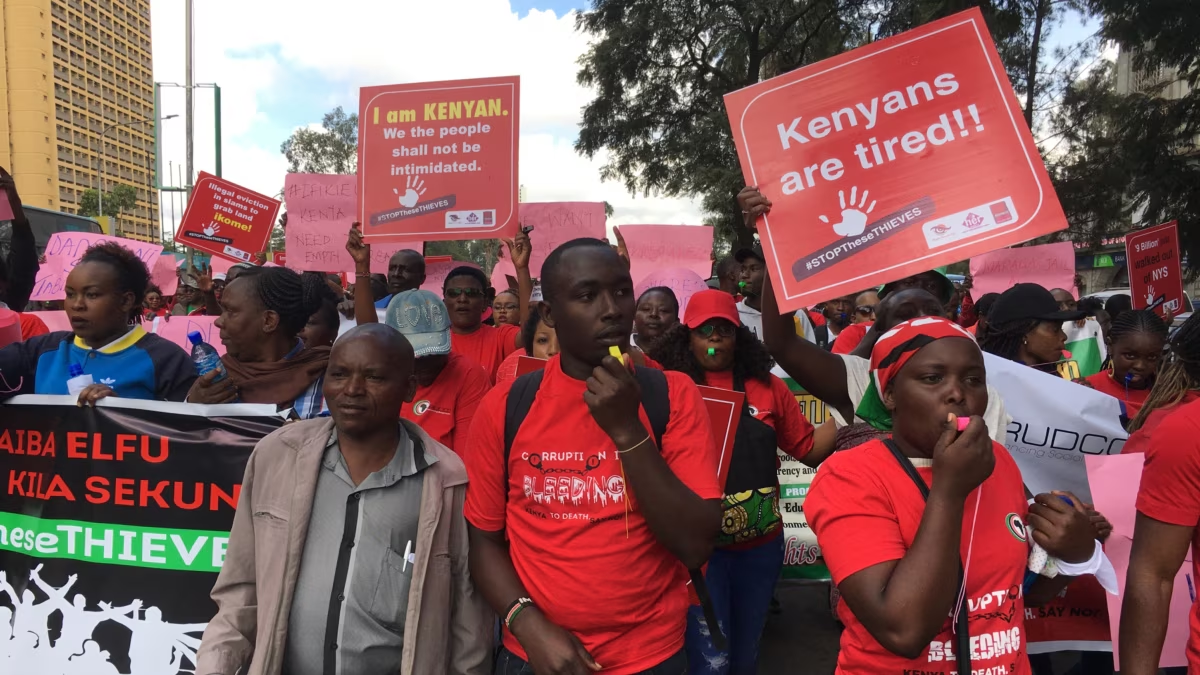Kenya has recently witnessed a wave of protests as citizens take to the streets to voice their frustrations over what they perceive as bad governance. These demonstrations reflect a growing discontent with various issues including corruption, economic mismanagement, and lack of accountability among government officials. The protests have garnered widespread attention, highlighting the urgent need for reforms and the deep-seated desire for change among the Kenyan populace.

Corruption remains a central grievance among protestors, who accuse government officials of siphoning public funds and engaging in unethical practices. High-profile corruption scandals have repeatedly rocked the nation, eroding public trust in institutions meant to serve the people. The perceived impunity with which corrupt officials operate has fuelled anger, with many Kenyans demanding stringent measures to hold culprits accountable and recover stolen assets. Transparency International’s corruption perception index consistently ranks Kenya poorly, underscoring the depth of the problem.
Economic mismanagement is another critical issue driving the protests. Despite Kenya’s position as one of East Africa’s largest economies, many citizens struggle with unemployment, high cost of living, and inadequate public services. Protestors argue that poor economic policies and misallocation of resources have exacerbated poverty and inequality. The government’s failure to effectively address these economic challenges has led to widespread frustration, with citizens demanding better management of the nation’s resources and more inclusive economic policies.

The protests have also spotlighted the issue of governance and accountability. Many Kenyans feel that their leaders are out of touch with the realities faced by ordinary citizens and that there is a lack of genuine representation in decision-making processes. The protestors are calling for increased accountability and transparency in government operations, as well as greater citizen participation in governance. This demand for better governance is rooted in the belief that a more transparent and accountable government will be more responsive to the needs and aspirations of the people.
In response to the protests, the government has faced criticism for its handling of the demonstrations, including reports of excessive use of force by security agencies. Human rights organizations have condemned these actions, urging the government to respect citizens’ rights to peaceful assembly and expression. The ongoing protests serve as a powerful reminder of the need for meaningful reforms to address the root causes of discontent and build a more just and equitable society.

In conclusion, the recent protests in Kenya against bad governance highlight a deep-seated frustration with corruption, economic mismanagement, and lack of accountability. The demonstrators’ calls for reform reflect a broader desire for a government that is more transparent, accountable, and responsive to the needs of its people. Addressing these issues will be crucial for restoring public trust and ensuring a more equitable and prosperous future for all Kenyans.




